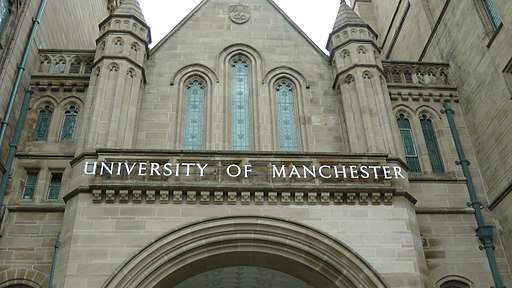
Researchers at the University of Manchester and Salford Royal NHS Foundation Trust have found that anti-inflammatory arthritis drug Kineret (anakinra) reduces harmful inflammation in early-stage stroke patients.
Kineret works to block Interleukin-1 (IL-1), a protein produced by the body in response to a variety of ailments including stroke injury. As University of Manchester researchers had previously demonstrated, IL-1 exacerbates the inflammation and brain injury which follow a stroke.

Discover B2B Marketing That Performs
Combine business intelligence and editorial excellence to reach engaged professionals across 36 leading media platforms.
This study follows earlier research that showed Kineret, marketed by Swedish Orphan Biovitrum, to effectively reduce inflammation in patients with subarachnoid haemorrhage, characterised by bleeding around the brain.
The drug was trialled as a small injection administered just under the skin, examined in comparison to placebo. A total of 80 patients took part in the study, all of whom had experienced ischemic strokes, which are caused by a lack of blood flow. Participants were given six doses of either the drug or placebo over three days, the first of which was given within six hours following the onset of stroke symptoms.
Inflammatory markers were monitored in the blood prior to treatment, as well as during study treatment. No identifiable adverse reactions were seen in participants.”This study builds on evidence that IL-1Ra (Kineret) helps to reduce inflammation and brain damage in a wide range of stroke patients soon after a stroke,” Stroke Association executive director of strategy & research Hilary Reynolds said.
“The drug can be given quickly, via injection or via a drip. This means that it can be used in different settings; for example, it could potentially be given in ambulances on the way to hospital. The brain loses around two million brain cells every minute during a stroke, so this could provide a major step forward in fast and effective treatment of stroke.”

US Tariffs are shifting - will you react or anticipate?
Don’t let policy changes catch you off guard. Stay proactive with real-time data and expert analysis.
By GlobalDataThe study was funded by the Stroke Association, and findings were published in the journal Stroke.
Despite positive results, the researchers said that the trial is in too early a stage to offer any certainty on how patients’ reduced inflammation would impact clinical outcomes. Further research is needed to discern whether Kineret will be an effective treatment for ischemic stroke and whether it can be given in combination with other medications such as clot-busting drugs (thrombolysis).
“The research has not yet proven that this drug can reduce patient disability after stroke,” said Reynolds. “However, if further trials are successful, we hope it could vastly improve outcomes and quality of life for people who have had a stroke.”
Kineret is also to be examined in two separate trials starting this year, one as a definitive test of its efficacy in subarachnoid haemorrhage treatment, and the second testing it in patients with intracerebral haemorrhage.
Strokes are the most common cause of disability in adults and the leading cause of death worldwide. They occur when blood flow to the brain is impaired, causing cell death. The two main types of stroke are ischemic and haemorrhagic, the latter of which is caused by bleeding in the brain.
Stroke Association estimates that there are over 100,000 instances of stroke in the UK every year, equating to around one every five minutes. Similarly, the Stroke Center reported that in the US over 140,000 people die from stroke every year.
Current treatments for stroke patients include anticoagulant and antiplatelet medicines, which work to reduce the risk of blood clots, as well as cholesterol-lowering and blood-pressure-lowering medicines.





